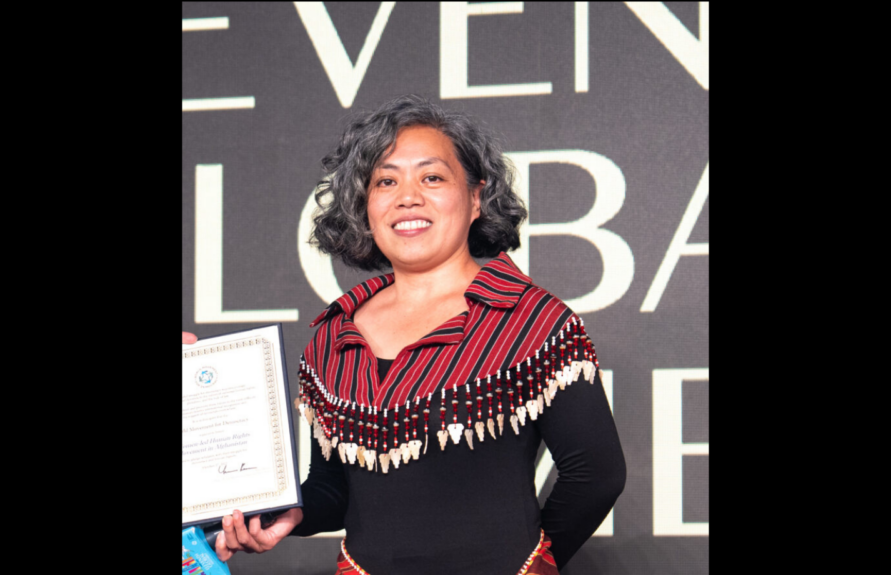
Our Community: Tanya Hamada – Championing Governance Innovation (The Philippines)
Tanya Hamada, from The Philippines, is a lifelong democracy activist who has moved between civil society and civil service throughout her long career. From 2014 to 2016, Hamada served as the Assistant Secretary in the Department of Budget Management in the Office of the President.
As a scientist trained in molecular biology, Tanya Hamada never expected to enter government. However, when the opportunity arose in 2014 to join Philippine President Benigno Aquino III’s administration, she couldn’t turn it down. The research she and her colleagues conducted at the International Center for Innovation, Transformation, and Excellence in Governance (INCITEGov) to combat corruption and improve governance had laid the foundation for Aquino’s reform agenda.
“When Aquino won and took office, we decided to cross over with him, from civil society into government,” Hamada said. At the time, civil society leaders moving into government roles was not widely discussed.
From 2014 to 2016, Hamada served as assistant secretary in the Department of Budget and Management under the Office of the President, where she focused on building a transparent and accountable budget process. Since then, she has moved back and forth between civil society and public service throughout her career.
By stepping into government, she said she “had the victory of seeing democracy in action, of actually implementing the policies fought for over half a generation.”“We were lucky to see victories,” Hamada reflected. “That fueled our belief that, yes, people in great numbers can bring about real change.”
As a member of the World Movement for Democracy, Hamada became a key partner in launching the Crossover Initiative, which empowers activists transitioning from civil society into government roles. The World Movement’s global assemblies offer a snapshot of the evolving landscape of global democracy movements. Over a decade ago, discussions were centered around defending civil society. Then, the focus shifted to protecting civic space, and now the conversation is evolving again to promote the idea of crossovers—activists transitioning into government roles to make democracy deliver.
“The range of the humans you meet in the World Movement for Democracy is amazing–whistleblowers, judges, civil servants, journalists,” Hamada said. “The whole notion is to normalize the work of democracy in whatever sphere you’re working in, but to find how you can add your pebble to this pool of values. You can never lose with that kind of a proposition, and the hope will always be exactly in these individuals.”
Hamada now serves as a mentor to young democracy activists but recognizes the unique challenges today’s generation faces.
“The mere notion of going out in the streets and holding your government accountable is not real for them. It’s not possible. There’s fear,” Hamada said. “I think that’s the biggest challenge in the context of the Philippines.” According to Hamada, this challenge can only be addressed by building strong solidarity movements that support those who dare to push for change.
